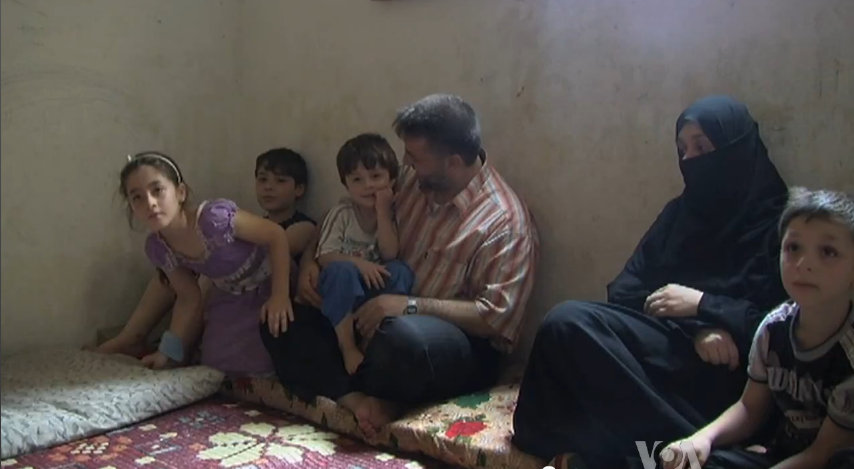This post is the first in a series of posts summarizing events that took place at the 2013 Harvard Arab Weekend, the largest pan-Arab conference in North America. For more information about this event, please visit http://harvardarabweekend.org/
On November 9, three practitioners and academics came together at the Harvard Arab Weekend to discuss Syria’s daunting refugee crisis. This panel discussion went beyond simply offering an overview of the current crisis; it challenged the paradigm of immediate assistance than underlies NGO responses to humanitarian crises.
Panel Speakers:
- Pablo Marco, Member of Board, Medecins Sans Frontieres
- Rabih Shibli, Professor, American University of Beirut
- David Smith,Founder, Affordable Housing Institute
Moderator:
- Diane Davis, Professor of Urbanism and Development, Harvard Graduate School of Design
The discussion began with Pablo Marco, board member for Medecins Sans Frontieres, outlining the extent of the current situation in Syria regarding refugees and healthcare provision. Having spent the summer providing medical assistance in Aleppo, Marco offered both a personal and professional assessment of the harrowing situation that faces many Syrian people, explaining how only 30-40 people are now running basic services in Aleppo (a city of a million people).
Shibli, Director of the Community Projects and Development Unit at the American University of Beirut, specifically focused on Lebanese crisis management strategies and the poor treatment and resentment of Syrian refugees. The speed and scale of this refugee crisis is unprecedented – currently, there are 2.2 million Syrian refugees in neighbouring countries (52% of which are children and teenagers) as well as 4.2 million internally displaced people. Specifically regarding Lebanon, both Shibli and Marco highlighted that 30% of the Lebanese population are refugees. The presence of refugees in both Lebanon and Jordan has caused local resentment and vast wage depletion, with agricultural wages decreasing by 50% in Lebanon the last two years and 400 Syrian-owned businesses have been closed down in Lebanon. Shibli asserts that refugees ‘really are living in hell’ and the evidence supports his assertion.
The discussion later developed into a debate on the fundamentals of humanitarian assistance, as David Smith, founder of the Affordable Housing Institute, called for a transformation of the paradigm of NGO’s providing free immediate assistance for refugees. Instead, Smith took the ‘lessons he had learned from Haiti’ and decried ‘giving out free stuff’. Both Smith and Shibli asserted that we need to change the perception of refugees from an economic drain into an asset. They brought a different perspective to the humanitarian assistance argument, potentially influenced by their urban planning backgrounds. Smith argued for approaching Syrian refugee camps (not present in Lebanon) as growing cities and plan for their urban development accordingly – agencies should ‘start building instant recovery cities’. Shibli similarly argued for a transformation of attitudes towards refugees, seeing them as potential economic assets. He purported that we need to integrate refugee management into the political fabric of society, rather than leaving the work to relief agencies and causing social divisions and resentment. Furthermore, Shibli has created a prototype housing unit to replace tents – it costs under $2000 and should resist weather conditions for at least five years.
Smith and Shibli both attempted to insert long-term considerations into a crisis where immediacy is the prime motivator of assistance. Their ideas fundamentally challenge current practises and ideologies of relief agencies, but raised valid questions for crises that are likely to have vast long term impacts – as Smith outlined, Syrian refugees ‘can’t go home again.’
